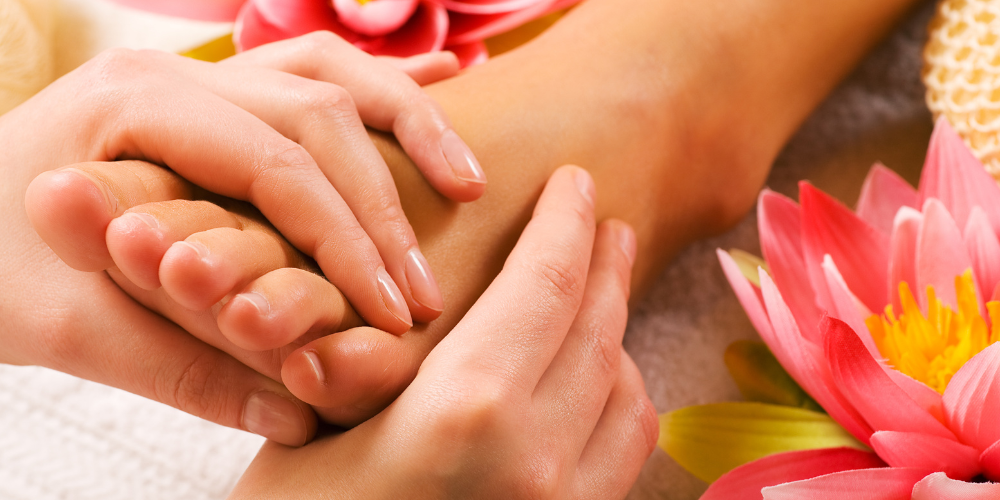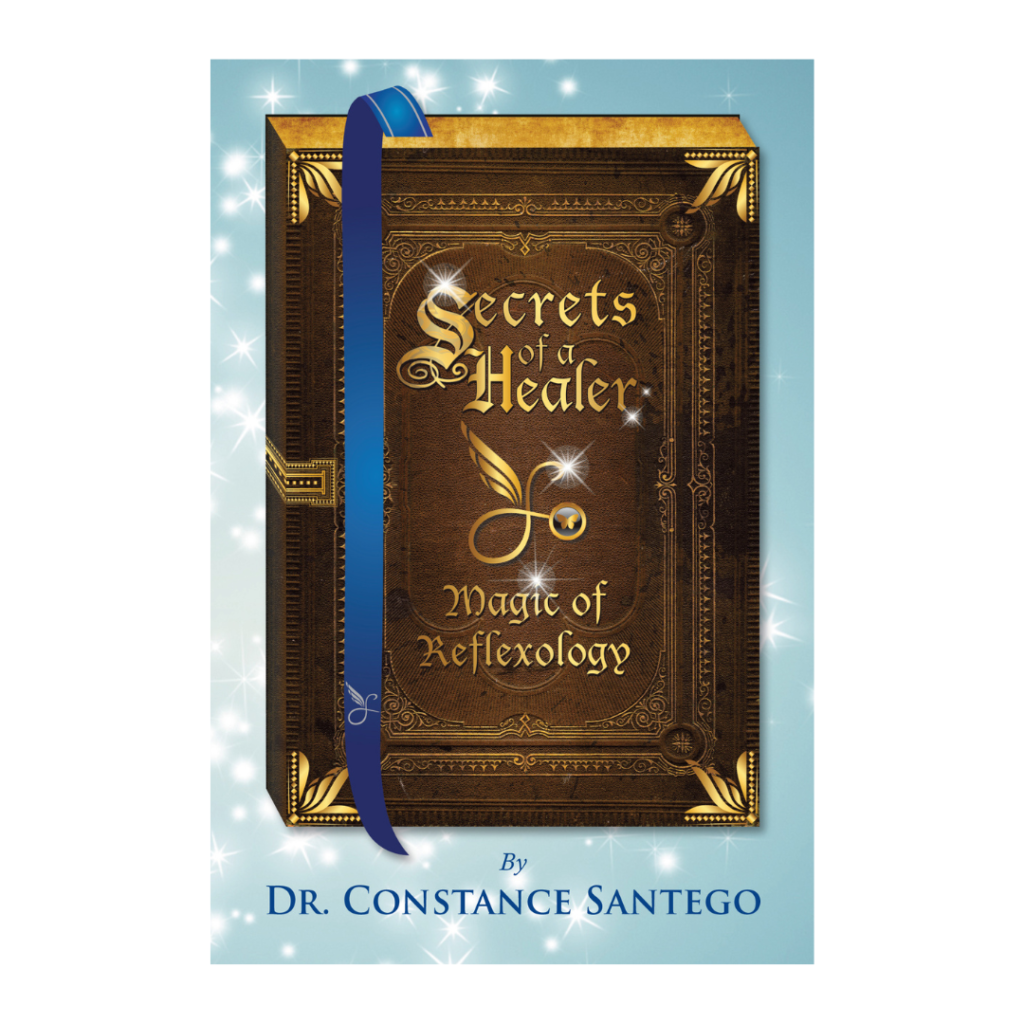The Secrets Behind Reflexology!
Reflexology is a complementary therapy that involves the application of pressure to specific points on the feet, hands, or ears to promote relaxation and overall well-being. It is based on the belief that these points, often referred to as reflex areas or zones, are connected to various organs and systems in the body. By stimulating these reflex areas, reflexologists aim to bring about positive changes in the corresponding parts of the body and promote healing.
Benefits
Reflexology helps clients by shifting their nervous responses from the “sympathetic” to the “parasympathetic” nervous system.
It is necessary to be in a parasympathetic state to heal. It is in this system that the body moves back to homeostasis or a place of balance. Reflexology plays a big role in that movement. In addition, reflexology relieves tension, improves circulation, and promotes the natural function of the body.
Reflexology may break up deposits of lactic and uric acids caused by poor elimination through the circulatory or lymphatic systems. Physical problems of the feet, such as calluses and corns, blocked lymph, and the development of scar tissue, can also create blockages to health and wellness. These problems will often demonstrate as a sandy or gritty area in the tissues under the skin. Along with that, swelling, tissue softness, or hardness may indicate health problems ranging from physical (muscle tone) to energy problems such as poor concentration.
Main Benefits
Since 1999, I have found factual and true…
- It aids in the reduction of stress and relaxation,
- It aids in the improvement of circulation and lymphatic systems,
- It aids in homeostasis/balance.
Limitations
Reflexology is a wonderful and powerful therapy; however, it cannot correct every problem. It can help every condition, but, in many cases, it should be used as support to the main therapeutic tool. Never hesitate to refer a client to another type of therapy – or to a physician if specialized knowledge is required. Use reflexology to support the therapist’s/physician’s efforts.
Specific limitations have more to do with ethics rather than physical, emotional, or mental blockages.
All Practitioners without a medical doctor’s license cannot:
- Diagnose. Only physicians and other specialized health practitioners who have a provincially approved scope of practice are allowed to diagnose.
The reflexologist should say, “The ________reflex seems to be tender.” Always refer to a reflex, not the body part to which it refers. If the reaction of the reflex causes you concern, refer the client to a physician.
- Prescribe. Only physicians and other specialized health practitioners who have a provincially approved scope of practice are allowed to prescribe. This includes recommending either an increase or decrease of prescription levels. If you recommend anything, even an herbal tea, it is recommended that you state,
* I have used ________and found it helped me.
* I have you heard that many people used ________.
* I recommend you speak with an herbalist about that.
- Treat for a specific condition. Reflexologists are unable to determine if a specific condition exists. Therefore, we always work the whole body. If we become aware or suspect that a condition exists, we return several times during the session to the reflexes involved.
The 5 Health Tips Revealed Are:
- Charting of the Feet
- Health Issues Revealed on Your Feet
- Referral Areas
- How Rubbing Your Feet Helps
- Quick Reflexology


